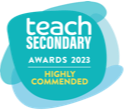How will these resources help you?
The Anthropocene has undoubtedly left no ecosystem unharmed. Whether as part of the KS3 National Curriculum, GCSE or A-Level studies, students require a knowledge of the Living World, along with the threats and management strategies required. These resources provide a breadth of knowledge of how we are damaging the world’s large-scale ecosystems. Although the damage is extensive, there are glimmers of hope from inspirational people and communities that have found ways to live sustainably alongside their environments. This period is seen as the last opportunity for us to save our ecosystems. The resources provide a visual impact of the threats, as well as giving students the opportunity to think critically about the fragility of our ecosystems. While a depressing subject, they will help you to reassure students that it is not over yet.
The impact of mankind
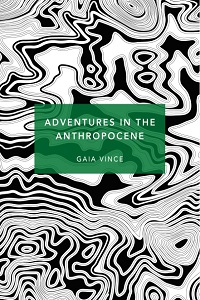
Adventures in the Anthropocene: A Journey to the Heart of the Planet we Made
by Gaia Vince, published by Vintage Classics, (2019), 9781784873615
This book is a must read for all Geography teachers, and the perfect starting point when investigating our threatened ecosystems. The narrative is that we are entering a new geological epoch, from the Holocene to the Anthropocene, and that in this new era we are doing irreversible damage. As with any Geography case study at GCSE or A-Level, each chapter starts with great positivity and celebration of the environment concerned, but soon turns depressing as the damage we are doing becomes apparent. This is followed by the efforts individuals and communities make to stop this, although these are small scale, and while ingenious, are often low impact. An example is selective logging in rainforests. The book begins with the geological timescale (a National Curriculum requirement), then examines biomes such as forests, oceans, deserts and savannahs. This is therefore highly suited to any GCSE or A-Level syllabus as all have a large Living World unit.
It’s not too late
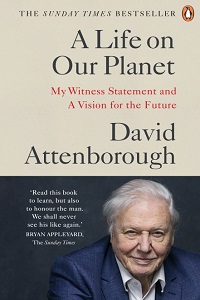
A Life on Our Planet: My Witness Statement and A Vision for the Future
by David Attenborough, published by Ebury Press, (2022), 9781529108293
David Attenborough is a favourite among students, and everything he writes and produces is engaging in the classroom. In this book, he offers a witness statement of how the natural world has changed during his career as a result of human destruction. However, the key narrative here is that his vision for the future is achievable if we act now, and Part 3 of the book is his vision for the future. The conclusion emphasises this last opportunity to ‘rewild the world’. As I have witnessed with my students, this can lead to activism beyond the classroom. This book is a must read for any Geography teacher or student at any level, and especially relevant when studying topics such as the sustainable management of tropical rainforests.
How are we harming our oceans?
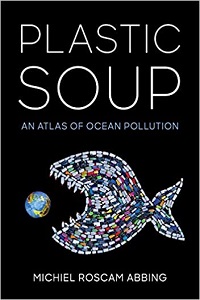
Plastic Soup: An Atlas of Ocean Pollution
by Michiel Roscam Abbing, published by Island Press, (illustrated edition 2019), 9781642830088
This illustrated book takes an illustrated approach to examining plastic in our oceans, focusing on the source of the problem, the impact on wildlife and the initiatives designed to tackle the problem. The book is ideal to read for background knowledge before watching the ‘Plastic Ocean’ documentary with students, who in my experience have many searching questions on the issue. The maps and images can be used by students in their own campaigns and activism. As one review states, this book is an ‘empowering educational tool’.
Threatened environments
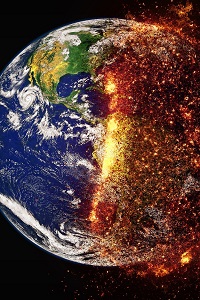
A Fragile World (Climate Change)
by Planet Doc Full Documentaries, (2016)
An excellent documentary on threatened ecosystems, covering tundra, savannah, coral reefs, rainforests, and temperate forests. Each environment is examined, and the threats explained. Students can be set a range of tasks, including assessing to what extend is each environment threatened and evaluate the solutions of how these threats could be managed. These tasks can help students to develop critical thinking.
Further materials
From Rainforests to Reefs by WWF
Access this resource
Plastic Ocean by United Nations, (2017)
Watch this video
Top 10 most threatened Ecosystems by Sustainability for All
Access this resource
David Newell is Head of Geography at Millais School in Horsham, West Sussex. He has held the GA’s Secondary Geography Quality Mark since 2015, and has worked as a Specialist Leader in Education, advising schools on improving their Geography provision.
Text © David Newell, 2022.
Text © David Newell, 2022.


